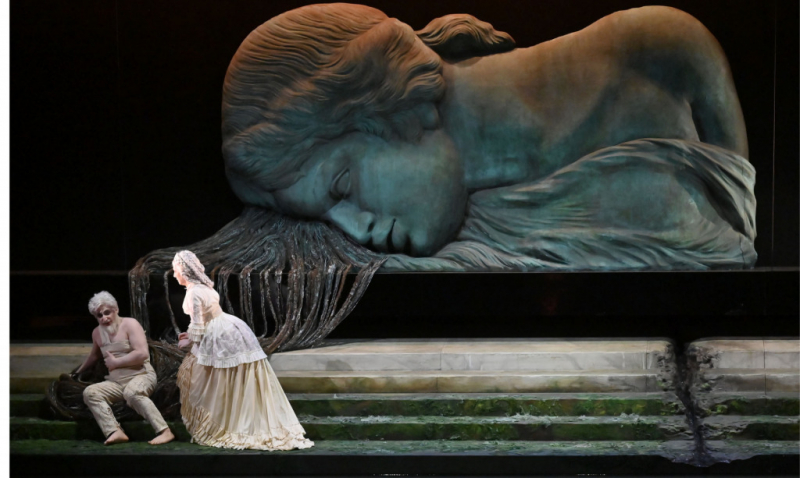Claude Debussy's published opera was a five-act love story
The five-act opera Pelléas et Mélisande features Claude Debussy's music. The same-named symbolist drama by Maurice Maeterlinck served as the inspiration for the French libretto. On April 30, 1902, the Opéra-Comique gave it its world premiere performance in Paris at the Salle Favart under the direction of André Messager, who had played a key role in convincing the Opéra-Comique to produce the opera. Jean Périer sang as Pelléas and Mary Garden as Mélisande. Being the only opera Debussy ever finished, it is regarded as a major achievement in 20th-century music.
There is a love triangle in the story. Mélisande, a strange young woman, is discovered by Prince Golaud stranded in a jungle. He marries her and returns her to his grandpa, King Arkel of Allemondepalace. ,'s Here, Mélisande is envious as she develops a close bond with Golaud's younger half-brother Pelléas. To learn the truth about Pelléas and Mélisande's relationship, Golaud goes above and beyond, even ordering his own kid, Yniold, to spy on the pair. Pelléas makes the decision to leave the castle, but he makes plans to see Mélisande one more time. They then make their love-confession official. Golaud comes outside after overhearing their conversation and murders Pelléas. After giving birth to a daughter, Mélisande passes away soon after, with Golaud still pleading with her to tell him "the truth."
Pelléas et Mélisande has continued to be routinely produced and recorded throughout the 20th and into the 21st centuries despite its original criticism.










